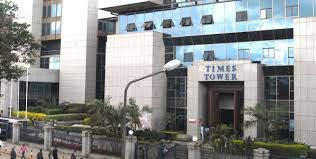Share this
KRA is now using data from Kenya Power on persons applying for electricity connections to nab tax cheats. KRA says that set of data retrieved from the national power distributor has been a “major source of information that has led to increased recruitment of landlords into the tax net in recent years.”
According to a BUSINESS DAILY report, The taxman says access to the metering database at Kenya Power has proved effective in nabbing property developers who have been evading taxes, helping recoup millions of shillings in accrued revenue.
The link between the KRA system and third-parties such as Kenya Power and commercial banks has helped rope 76,025 landlords into the tax net over the last two and a half years.
The taxman further uses data from commercial lenders, which are required to record Personal Identification Number (PIN) certificates of new clients as part of the Know Your Customer (KYC) checklist, to track tax cheats.
“The use of third party data has been effective in the recruitment of new landlords,” KRA’s commissioner for domestic taxes Rispah Simiyu said via email.
“For example, in the financial year 2019/2020, Kenya Revenue Authority used data obtained from Kenya Power & Lighting Company to recruit 5,542 landlords with a collection of rental income of Sh54 million.”
The number of landlords roped into the tax net in the year ended June 2021 fell to 34,853 from a record 36,082 property owners in the prior year, the KRA says.
Landlords with annual rental income of between Sh288,000 (Sh24,000 per month) and Sh15 million (Sh1.25 million per month) are required to file a monthly tax return declaring the gross earnings rent from which tax payable is computed at the rate of 10 percent.





